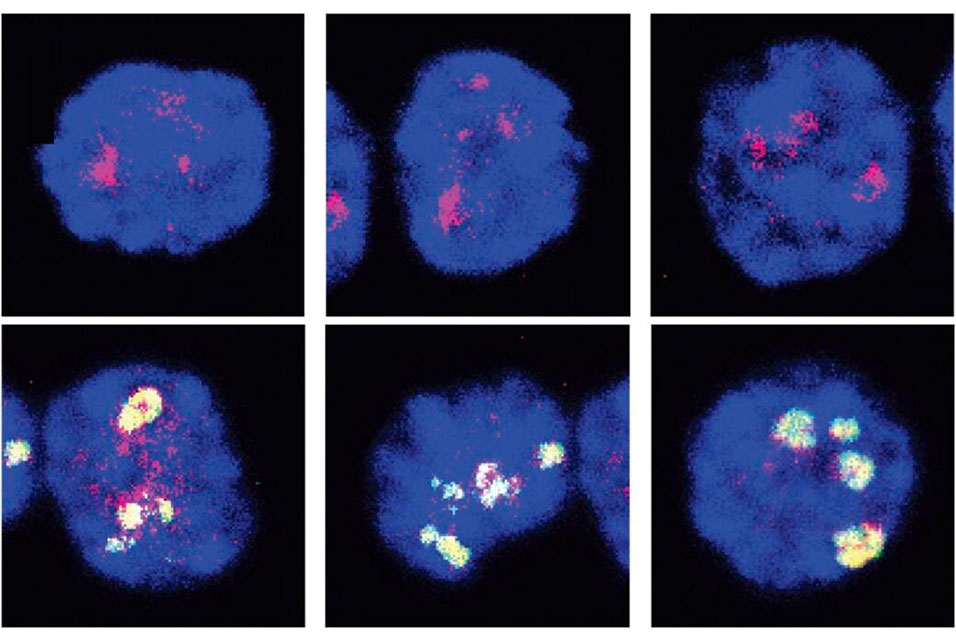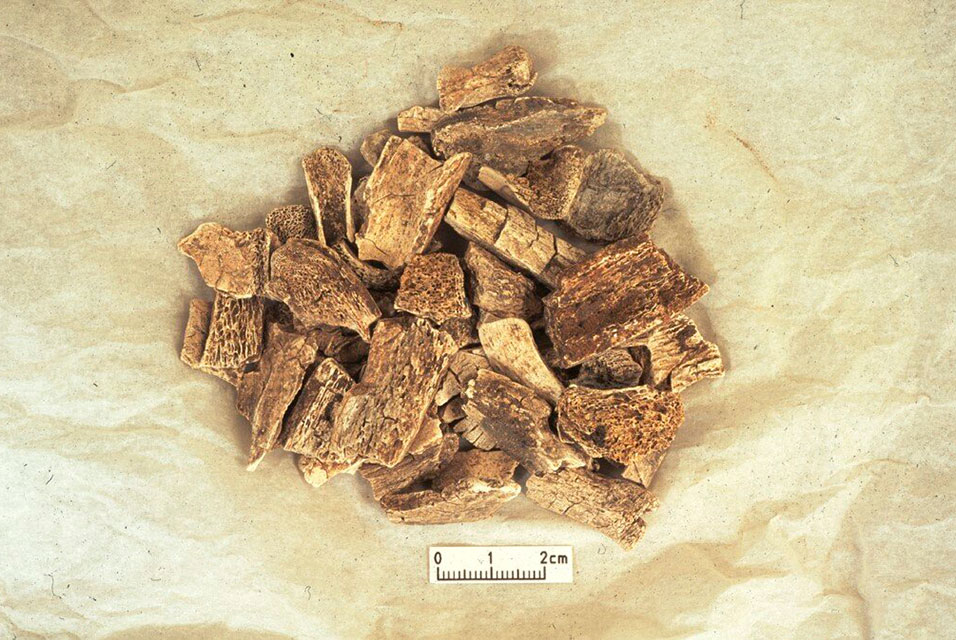NEW YORK, NY.- Young blood has a rejuvenating effect when infused into older bodies, according to recent research: Aging hearts beat stronger, muscles become stronger, and thinking becomes sharper.
Many scientists are looking for the elements of young blood that can be captured or replicated and put into a pill.
But what if the best way to get the benefits of young blood is to simply rejuvenate the system that makes blood?
"An aging blood system, because it's a vector for a lot of proteins, cytokines, and cells, has a lot of bad consequences for the organism," says Emmanuelle Passegué, Ph.D., director of the
Columbia Stem Cell Initiative, who's been studying how blood changes with age. "A 70-year-old with a 40-year-old blood system could have a longer healthspan, if not a longer lifespan."
Rejuvenating an older person's blood may now be within reach, based on recent findings from Passegué's lab published in Nature Cell Biology.
Passegué, with her graduate student Carl Mitchell, found that an anti-inflammatory drug, already approved for use in rheumatoid arthritis, can turn back time in mice and reverse some of the effects of age on the hematopoietic system.
"These results indicate that such strategies hold promise for maintaining healthier blood production in the elderly," Mitchell says.
Returning blood stem cells to a younger state
The researchers only identified the drug after a comprehensive investigation of the stem cells that create all blood cells and the niches where they reside in the center of the bones.
All blood cells in the body are created by a small number of stem cells that reside in bone marrow. Over time, these hematopoietic stem cells start to change: They produce fewer red blood cells (leading to anemia) and fewer immune cells (which raises the risk of infection and impedes vaccination efforts), and they have trouble maintaining the integrity of their genomes (which can lead to blood cancers).
In a paper published in 2021 in the Journal of Experimental Medicine, Passegué and her team first tried to rejuvenate old hematopoietic stem cells, in mice, with exercise or calorie-restricting diet, both generally thought to slow the aging process. Neither worked. Transplanting old stem cells into young bone marrow also failed. Even young blood had no effect on rejuvenating old blood stem cells.
Mitchell and Passegué then took a closer look at the stem cells' environment, the bone marrow. "Blood stem cells live in a niche; we thought what happens in this specialized local environment could be a big part of the problem," Mitchell says.
With techniques developed in the Passegué lab that enable detailed investigation of the bone marrow milieu, the researchers found that the aging niche is deteriorating and overwhelmed with inflammation, leading to dysfunction in the blood stem cells.
One inflammatory signal released from the damaged bone marrow niche, IL-1B, was critical in driving these aging features, and blocking it with the drug anakinra remarkably returned the blood stem cells to a younger, healthier state.
Even more youthful effects on both the niche and the blood system occurred when IL-1B was prevented from exerting its inflammatory effects throughout the animal's life.
The researchers are now trying to learn if the same processes are active in humans and if rejuvenating the stem cell niche earlier in life, in middle age, would be a more effective strategy.
Meanwhile, "treating elderly patients with anti-inflammatory drugs blocking IL-1B function should help with maintaining healthier blood production," Passegué says, and she hopes the finding will lead to clinical testing.
"We know that bone tissue begins to degrade when people are in their 50s. What happens in middle age? Why does the niche fail first?" Passegué says. "Only by having a deep molecular understanding will it be possible to identify approaches that can truly delay aging."
Many societies have added more than 30 years to life expectancy in the past century. "Now it is imperative to conduct the science to determine how to create health and well-being across the full length of those lives," says Linda Fried, MD, MPH, dean of the Mailman School of Public Health at Columbia University and director of the Butler Columbia Aging Center. "This must include research to understand the mechanisms of normal aging and how to fully develop the huge opportunities to create healthy longevity for all."










